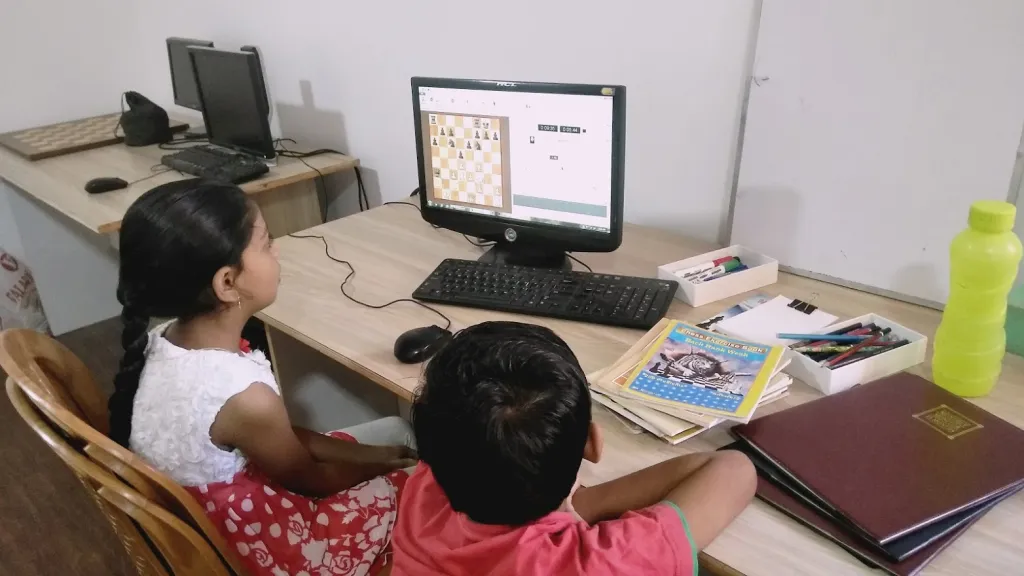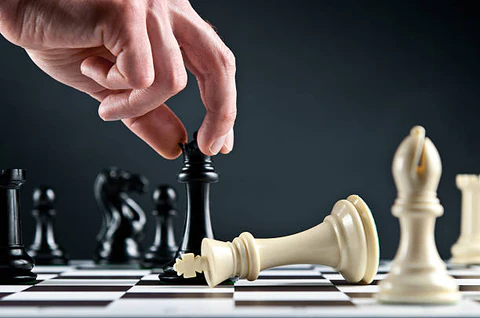
chessbrainz
Feb 16,2026
 0
0
 1
1
Candidates Tournament 2026 The Candidates Tournament is not just another elite event. It is the ultimate psychological and strategic test in modern chess....

chessbrainz
Feb 12,2026
 0
0
 18
18
1. The Difference Between Learning Moves and Learning to Think Most players try to improve by collecting information....

chessbrainz
Feb 09,2026
 0
0
 51
51
1. Why Endgame Technique Defines Serious Chess Improvement Endgames are often misunderstood as dry or purely theoretical....